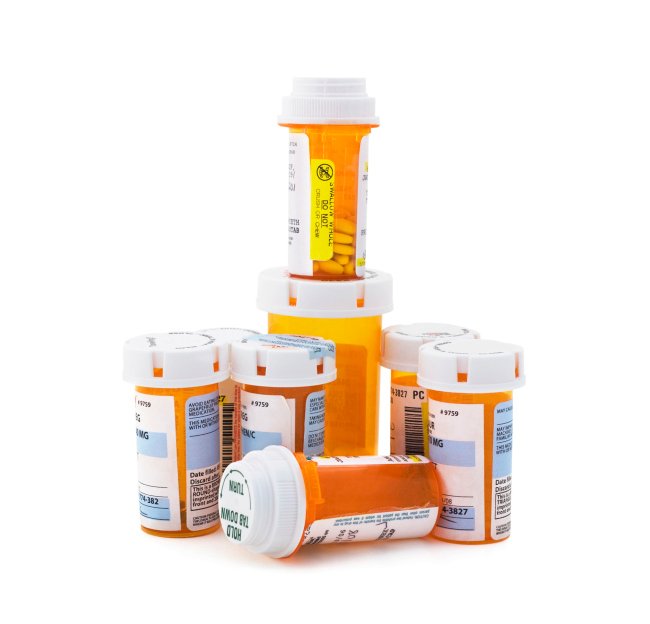
The CDC has been discussing this matter and publishing information over time in hopes to raise Antibiotic and antibiotic-resistant bacteria awareness in the healthcare industry, and patients/individuals used to depending on Antibiotic therapy for many symptoms that are caused by a virus.
Today the press has released yet one more article with stern headlines regarding “Drug resistant bacteria” and the possibility of catastrophic consequences combating them.
CDC Director Thomas R. Frieden told reports on Monday that “Without urgent action now, more patients will be thrust back to a time before we had effective drugs.”
The new report has revealed that there are at least two dozen antibiotic resistant bacteria known to harm humans. Should this path continue some infections will not be able to be treated.
An excerpt from the latest article:
One bacteria atop the agency’s “urgent” list of infections is carbapenem-resistant Enterobacteriaceae (CRE), which typically strike patients in medical facilities and has become resistant to nearly all existing antibiotics. Known as the “nightmare bacteria,” CRE causes life-threatening diarrhea. It has continued to proliferate and has been confirmed in medical facilities in nearly every state.
Clostridium difficile, or C. diff. infections, which cause about 14,000 deaths per year, also made the agency’s urgent list Monday. While resistance to the antibiotics used to treat C. difficile infections has not yet become a problem, the agency said the bacteria spreads rapidly because it is naturally resistant to many drugs that are used to treat other infections.
Neisseria gonorrhoeae - the drug-resistant form of this bacteria causes gonorrhea, the second most commonly reported infection in the United States. Gonorrhea can cause a variety of illnesses in men and women, including infertility. The CDC estimates there are 820,000 infections each year. In nearly a third of the cases, treatment of the sexually-transmitted disease, is hampered by growing antibiotic resistance.
#1 Prevention remains good hand washing (hand hygiene) before/after eating, before exiting restrooms, before/after diaper changes, before/after patient care, before/after using exam gloves, and as often as necessary.
Speak to your healthcare professional when combating a cold and utilize recommended over-the-counter cold symptom relievers, natural interventions vs antibiotics. Antibiotics do not combat viruses. When in doubt, please visit a Physician and healthcare provider, as they will assess and treat symptoms accordingly.
To learn more about this topic, please click on the following link which will redirect you to the article in its entirety.
http://www.washingtonpost.com/national/health-science/drug-resistant-bacteria-pose-potential-catastrophe-cdc-warns/2013/09/16/4cd2d482-1ed6-11e3-b7d1-7153ad47b549_story.html
